A playful partnership: Healthy Families East Cape and Sport Gisborne Tairāwhiti partners in Play23/12/2022
1 Comment
A playful partnership: Healthy Families East Cape and Sport Gisborne Tairāwhiti partners in Play20/12/2022 “Ko a mātou wāhine te kuaha ki o rātou whānau”
“Our women are the doorway into their whānau” Healthy Families East Cape is proud to be a kaupapa partner ofTe Rōpū Wāhine Toko i te Ora’s Tairāwhiti branches on their wellbeing journey for wāhine and whānau across Tairāwhiti. Te Rōpū Wāhine Toko i te Ora Tairāwhiti is celebrating the importance of a Kaupapa Māori wellbeing plan, with Healthy Families East Cape holding space for conversations, wānanga and co-design workshops with members and their communities throughout Te Tairāwhiti. Te Rōpū Wāhine Toko i te Ora was founded in 1951 to support Māori wāhine and their whānau. The organisation remains the longest and only national charitable Wāhine Māori organisation across Aotearoa, with more than 100 peka (branches) maintaining the collective’s mauri. The organisation’s principles are focused on the wellbeing of Māori wāhine and their whānau. Healthy Families East Cape Practice Lead, Tomairangi Higgins, has been brought up within the league, alongside lifelong members since the tender age of 5 years old. Adding to the intergenerational membership alongside her grandmother Te Riu Chaffey and her mother Gina Chaffey-Aupouri, who works at a national level as the area representative for Tairāwhiti. Tomairangi is also the President of Ngati Uepohatu peka, upholding another generation of leadership. Tomairangi speaks of her whakapapa links to the league and how fostering the relationship between Te Rōpū Wāhine Toko i te Ora Tairāwhiti and Healthy Families East Cape is important. The team has had the privilege of being able to hold deep kōrero with members, who spoke of their own whānau aspirations and first-hand knowledge of the needs of wāhine and their whānau throughout our rohe of Te Tairāwhiti. “Te Ropu Wahine Toko i te Ora are strong advocates for hauora and wellbeing,” says Tomairangi. “We strive to create and strengthen healthier environments for our whānau by working collectively to enhance kaupapa that directly affect our people in all levels of the system.” The Kaupapa Wellbeing is about understanding the whānau voice so we can guide and support our communities in taking a preventative approach to whānau well-being. The strategic intent of the partnership and collaborative approach of Healthy Families East Cape and Te Rōpū Wāhine Toko i te Ora Tairāwhiti takes a whole of-community and whole of systems approach to wāhine Māori wellbeing with the prevention, underpinned by Mātauranga Māori. “We have a responsibility as members, as wāhine Māori, and as Healthy Families East Cape to uphold the legacy of our tipuna and those who have gone before us, in pursuit of our collective health and wellbeing.” Workshops and wānanga facilitated by Healthy Families East Cape have been held across Te Tairāwhiti region, our approach is to meet with wāhine in their own communities and environments. Representatives from across Tairāwhiti peka have taken part in the first wānanga held in Tokomaru Bay at the end of September. The second wānanga was held in October in Turanganui a Kiwa. As the project lead, Tomairangi has used her deep understanding and whakapapa to the league and our wāhine of this region. To facilitate what wellbeing looks like for them and their whānau. We learned that they share similar values for the care of their whānau and the care of the wider community. We have learned that our wāhine’s wellbeing aspirations are grounded in care for their whānau and community. They have aspirations of collective activities such as working out together, finding and making more opportunities for singing and learning waiata and learning te reo. “I enjoyed everything, especially the awesome way in which it was facilitated”, I enjoyed listening to the other wāhine and how we share similar ideas about our wellbeing”. “The importance of whakapapa is paramount when engaging with our whānau who live rurally and are isolated from basic amenities, that we take for granted like being able to visit the doctor and hospitals when we are unwell. It was humbling to understand the lived realities of our whānau and their collective aspirations for their whānau and hāpori”. Says Communications Manager Healthy Families East Cape, Ranui Maxwell. On 27th September, Healthy Families East Cape’s Tomairangi Higgins alongside Rautaki Māori, Jade Kameta and Communications Manager, Ranui Maxwell went on a haerenga along State Highway 35 to paradise, to connect and understand the lived realities of our most rural communities in our rohe. One of the Kaupapa wellbeing workshops was held during this haerenga, with Jade Kameta sharing that the experience of being on State Highway 35 itself and reconnecting with his own whakapapa in Ngāti Porou one that grounded the team allowing them to deeply understand the risk factors that impact on the wellbeing of all whānau in our rohe. The team has now synthesized the insights from the workshops ready to present back to the Māori Women’s Welfare Te Tairāwhiti branch hui this December. |
Sign Up!Subscribe to our newsletter and receive our latest stories.
Archives
June 2024
Categories |
“We want all of Aotearoa to enjoy health promoting social and physical environments that enable healthy food and physical activity choices, being smokefree, reducing the harm from alcohol and increasing mental health resilience and wellbeing.”
Email: [email protected]
Web Design by SBWD

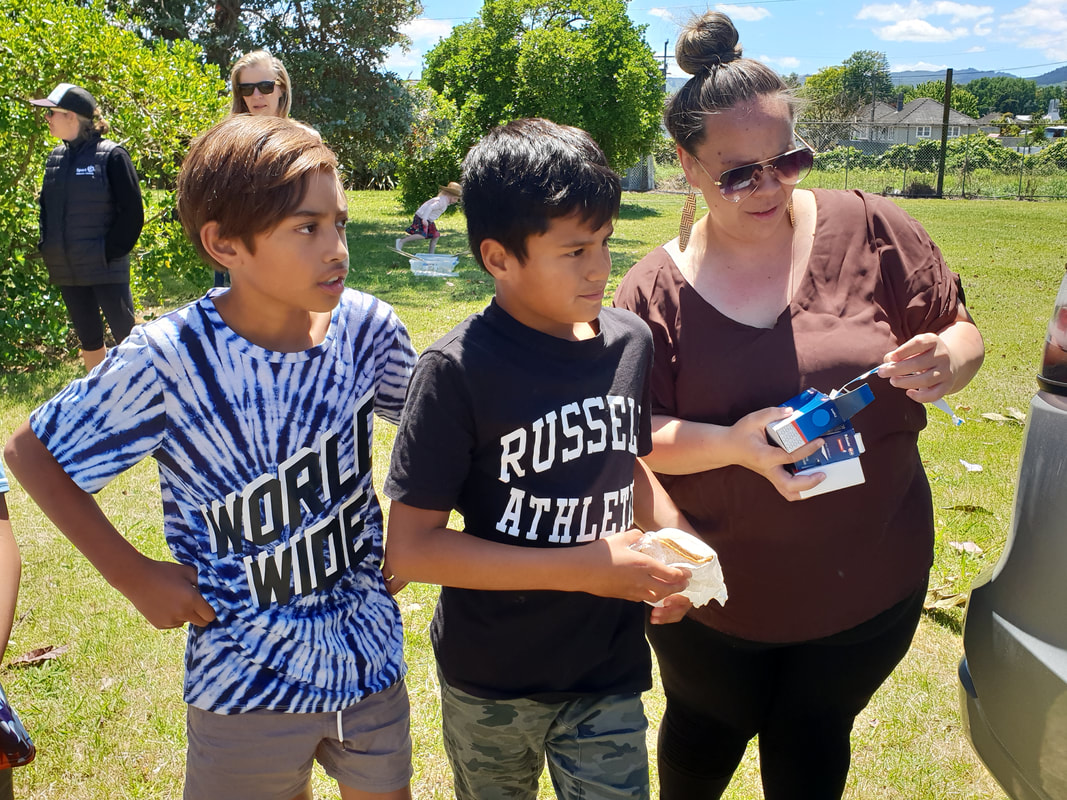
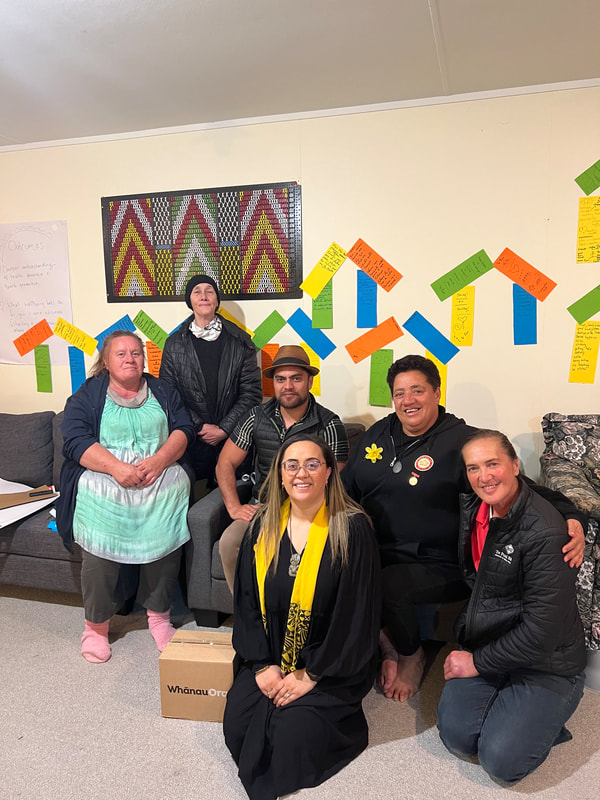
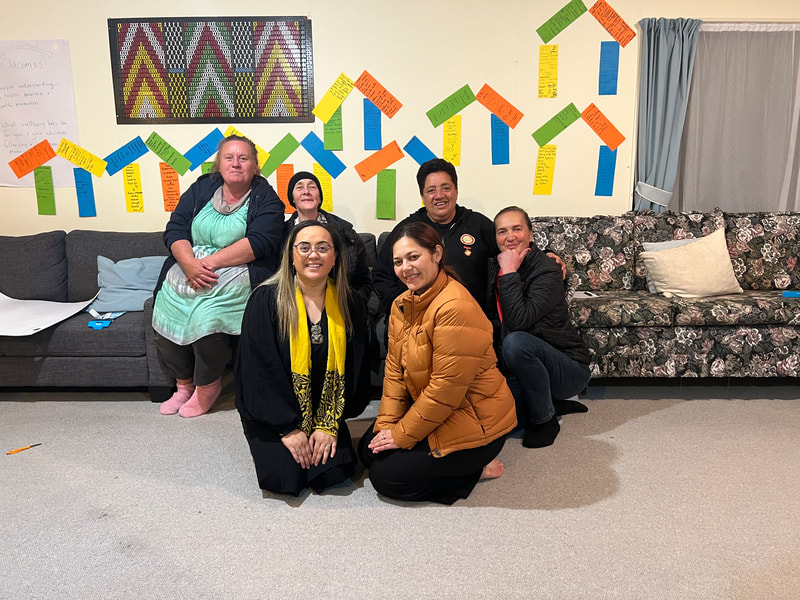
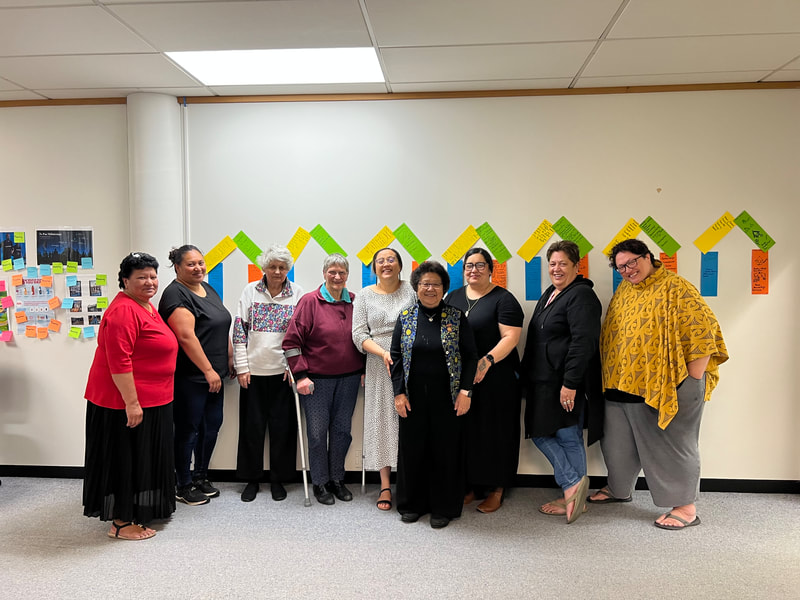
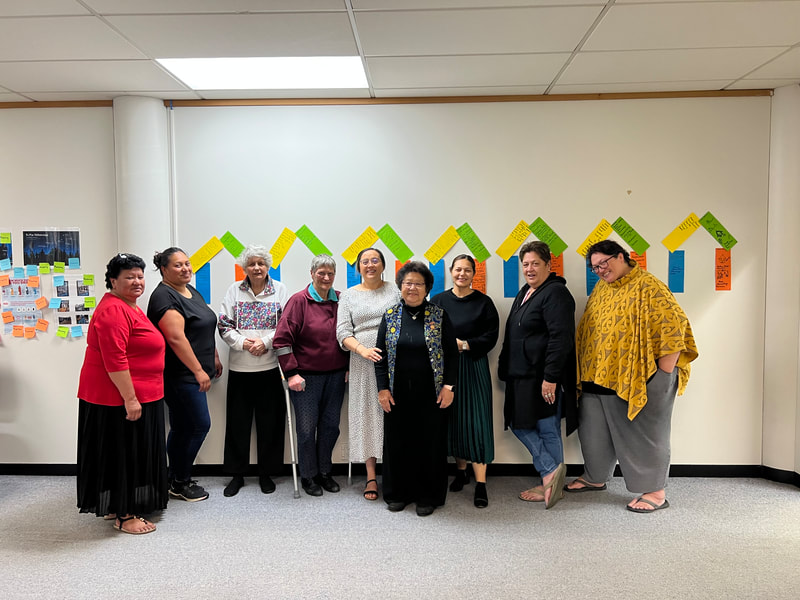

 RSS Feed
RSS Feed